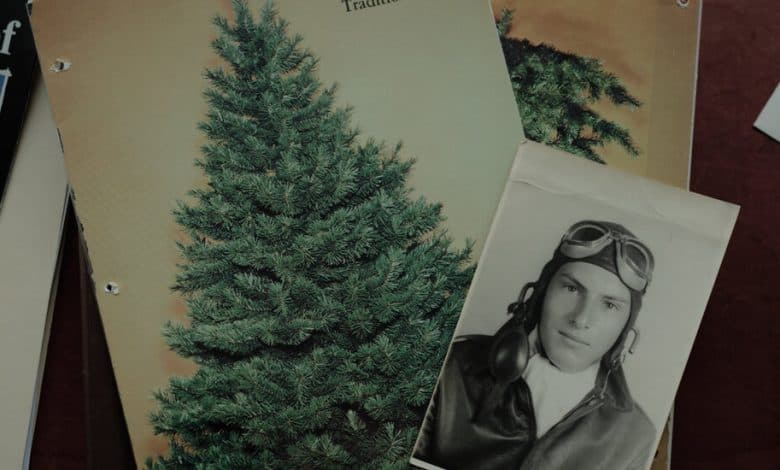Si Spiegel, War Hero Who Modernized Christmas Trees, Dies at 99

Before he became known as the father of artificial Christmas trees, Si Spiegel was a valiant Army aviator. In the closing days of World War II, he was piloting his B-17 Flying Fortress in an armada of 1,500 Allied bombers that pummeled Berlin. Struck by antiaircraft flak, two of the plane’s four engines lost power as Mr. Spiegel reversed course to return to England.
Rather than bail out over Germany and risk being captured as a prisoner of war — especially given that he was Jewish — Mr. Spiegel managed to crash-land in Soviet-occupied Poland. After being stuck there for weeks, he improvised a daring escape, using parts of his own plane to jury-rig another B-17 that had crashed nearby, then flying to an American base in Italy.
Mr. Spiegel, who died at 99 on Jan. 21 at his home in Manhattan, was among the last surviving American B-17 pilots of World War II, his granddaughter Maya Ono said. But Mr. Spiegel, a machinist by training, has another legacy: He was considered a pioneer of the mass-produced artificial Christmas tree.
The son of Jewish immigrants from Eastern Europe, he was raised in a religious neighborhood in Brooklyn and never had a Christmas tree, natural or artificial, in boyhood.
“I don’t necessarily think my grandpa associated himself with the trees and Christmas as much as he did with the machinery that he built to make the trees,” Ms. Ono said, “and then later in life, the systems he created to build a successful business and the relationships he cultivated.”
We are having trouble retrieving the article content.
Please enable JavaScript in your browser settings.
Thank you for your patience while we verify access. If you are in Reader mode please exit and log into your Times account, or subscribe for all of The Times.
Thank you for your patience while we verify access.
Already a subscriber? Log in.
Want all of The Times? Subscribe.